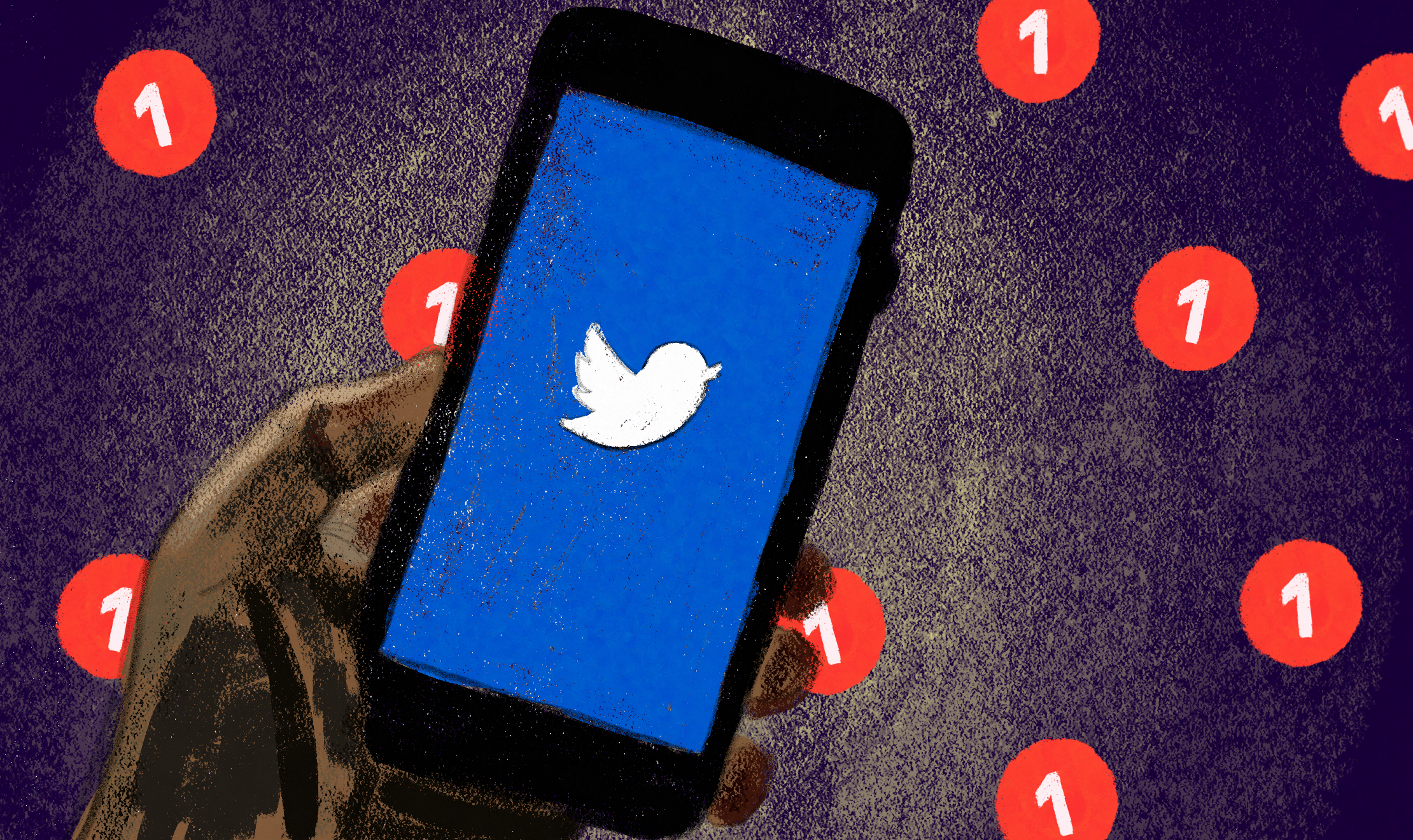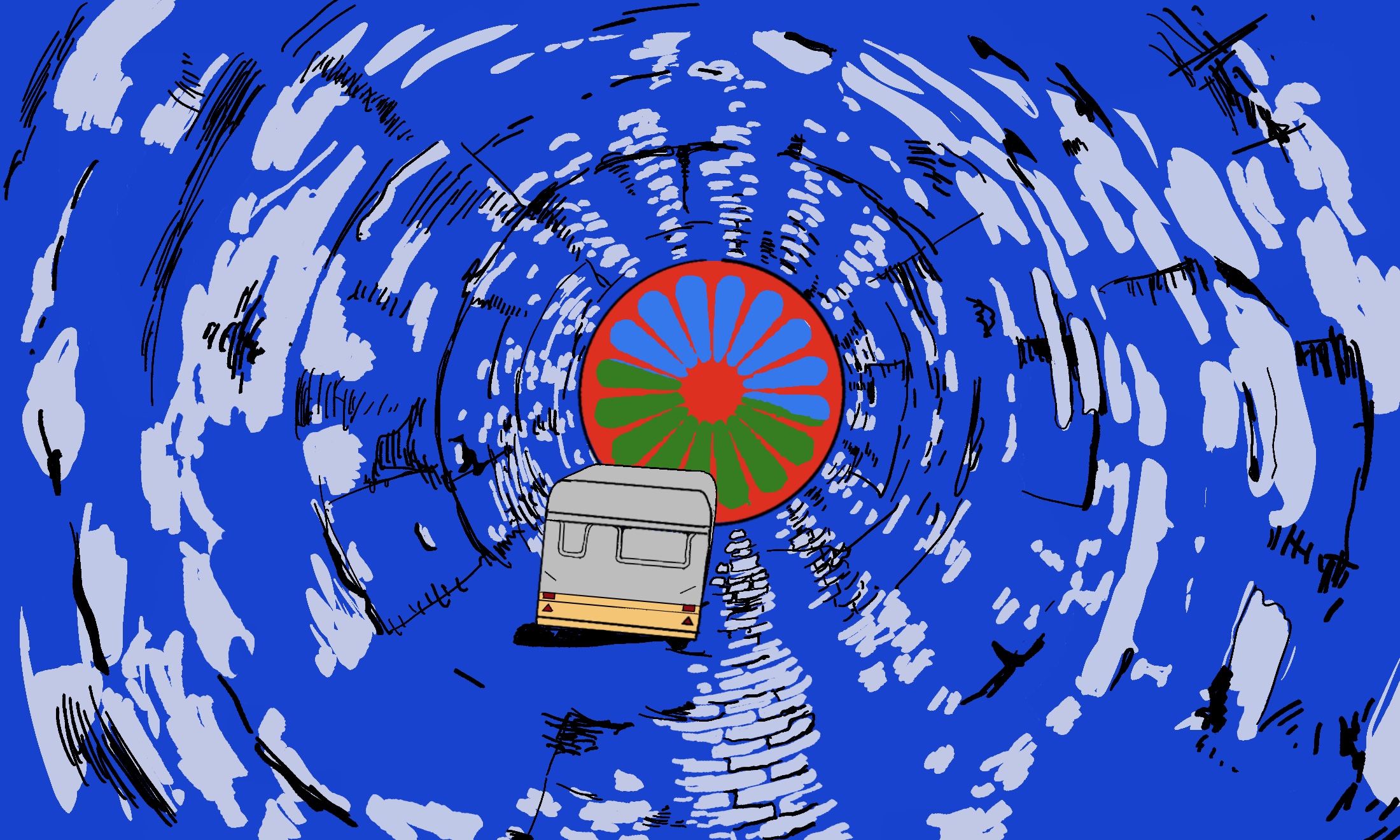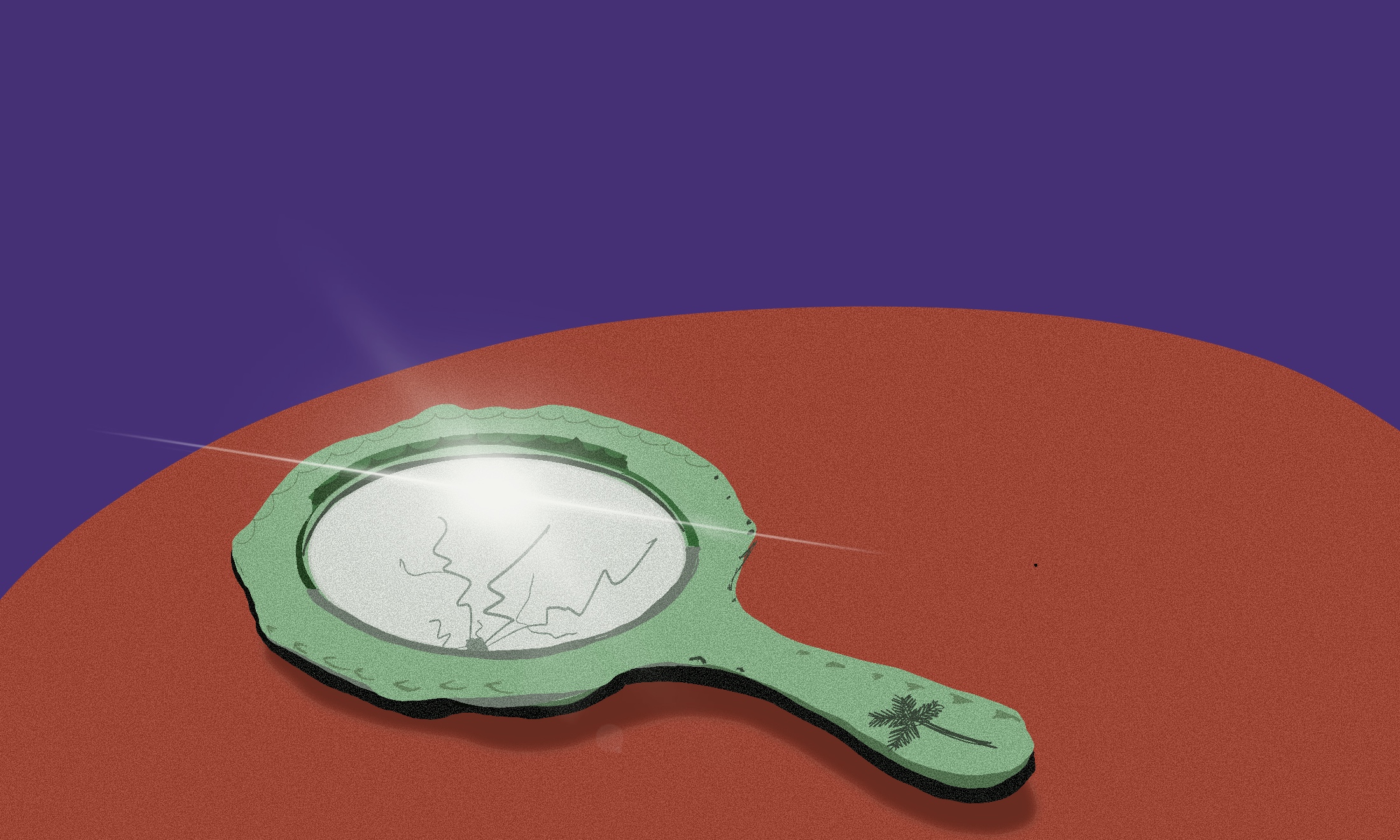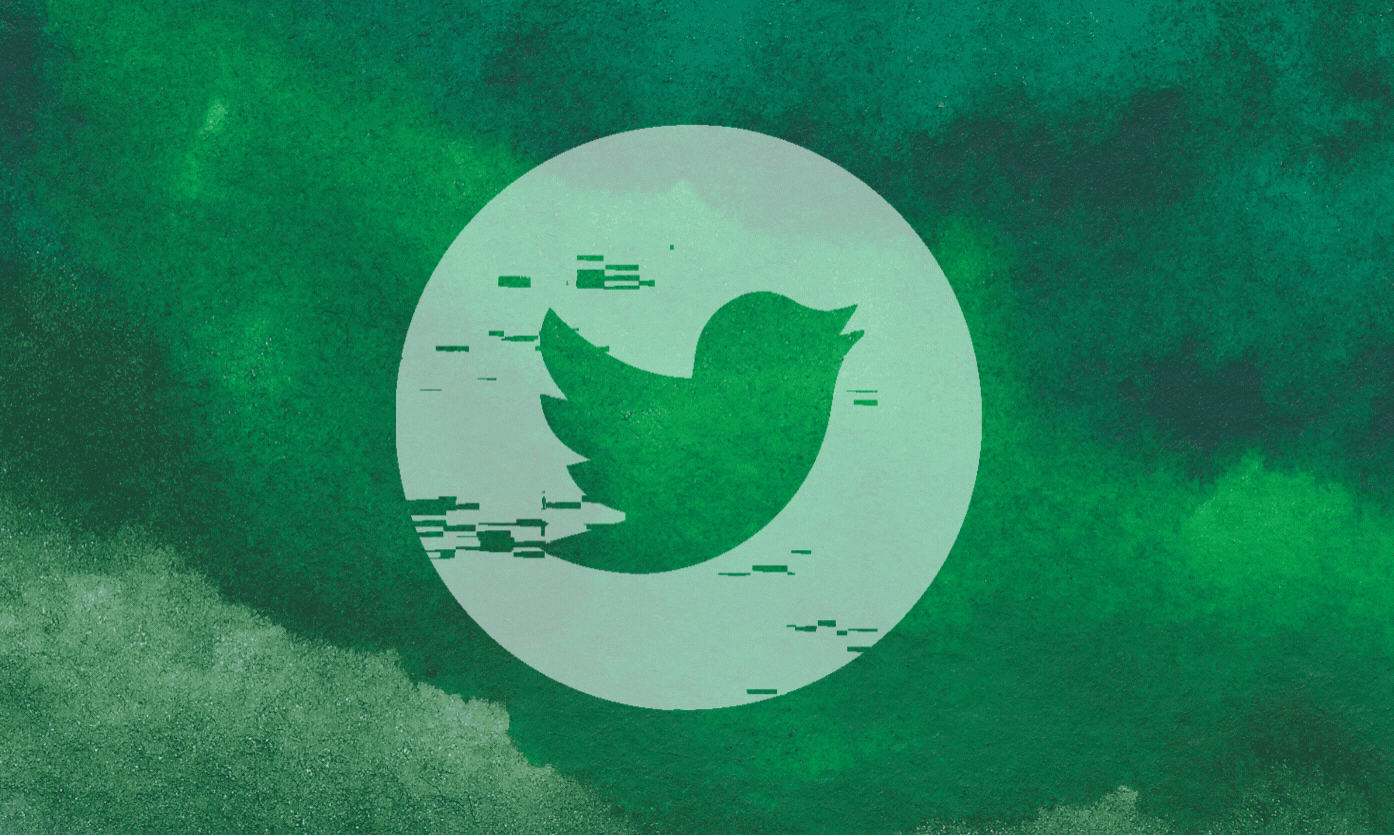
Diyora Shadijanova
My beautiful dark twisted phone-tasy: 10 long years of phone addiction
How do you deal with an addiction which isn't formally recognised as one?
Moya Lothian McLean
05 Mar 2021
When I was 14, I got an LG Optimus smartphone, passed on from a school friend. It had a touchscreen and felt like it was from the future.
My relationship with devices was already unwieldy. Our household had previously been given a free laptop from school and while I’d quickly learned that the web was an infinite source of all the information I could ever want, I also spent a lot of time pirating books to indulge my favourite habit: reading. Now however, my phone screen was too small to read books on; instead I devoted hours to scrolling the TruTv crime library (a distant Wayback Machine memory) and the Wikipedia pages of missing people.
Eventually, this morphed into hours spent on social networks; no longer could my mum boot me off the computer when I’d stayed swapping MSN missives too long. I could talk with my friends into the wee hours, refreshing the Facebook browser page every minute to see if their latest missive had come through. Never had I felt so alive. At the time, the entire world was at my fingertips, anytime, any place – 3G signal and phone credit permitting.
A decade later and I’m tired. The LG Optimus was replaced by a Blackberry, then an iPhone; I’m currently on a Google Pixel, which I both love and resent. This morning, I read the news with fatigue; a new study released this week found that nearly one in four young people, aged 18 to 30, report behaviour that meets the criteria for ‘smartphone addiction’.
“I find myself reaching for my phone every few minutes, snatching it up when I get stuck on a sentence I’m typing and need to ‘reset’ my mind by blankly scrolling”
Unsurprisingly, I’m one of them; you probably are too. I find myself reaching for my phone every few minutes, snatching it up when I get stuck on a sentence I’m typing and need to ‘reset’ my mind by blankly scrolling. Sometimes Twitter will be open on a laptop screen in front of me and I’ll find myself idly pulling up the little blue bird app on my phone too. A great feeling of distress runs through me when I cannot spot my phone where I think I left it. There is relief there too though, at the thought that finally, perhaps I’ll be free.
Openly, I can admit I’m addicted to my phone. It’s easy because it’s a condition so normalised, expected even, by current society. We shrug it off. Of course we’re addicted to these silly little devices, received wisdom tells us. They were designed to snag us before people really understood the power of the technology being unleashed. And now it’s too late. Shut up and keep scrolling.
I suspect the reception would be somewhat different if I openly announced the other addictive tendencies I’m in recovery for. Those are addictions that do slightly less to keep us as pliant and individualised capitalist zombies; inconvenient addictions that throw you outside of civil society and cap your labour contributions. Not like your phone, which keeps you plugged fully in, consuming and creating.
My smartphone is brilliant of course; it does everything I need (although one suspects the phone somewhat shapes what becomes a ‘need’) at the flick of my finger. And I despise it. At night I lie in bed, overstimulated and unable to sleep for an hour or more after the light is out, fantasising about being able to swap out my phone for the Nokia Pebble sitting in my drawer. It can only handle 10 SMS messages in its inbox at one time.
“Openly, I can admit I’m addicted to my phone. It’s easy because it’s a condition so normalised, expected even, by current society”
Immediately the notion is dismissed when I remember how intrinsically my phone is linked to my career, my ability to get around and keeping in step with the world in general. Inevitably, these musings set off the little neural pathway that has learned to associate the idle – and recurrent – thought of “phone” with an action. “I wonder if anyone’s sent me a DM or if I should check WhatsApp?”, I think.
En masse, we’ve been talking about smartphone addiction for years now. This won’t be the first mediation on smartphone addiction you’ve read; it absolutely won’t be the last. People are constantly searching for a new angle – not calling it an “addiction”, handing out advice on how to beat it, rebranding disconnecting from your devices as “digital minimalism”.
This obscures the truth: it’s fucking hard to overcome any addiction, let alone one that has become necessary for the basic functionality of everyday life. There are few places to turn; the NHS’ first “internet addiction” clinic was trumpeted upon its launch in 2018 but it focuses on gaming addictions and plans for expansion have not yet come to fruition. Otherwise, private treatment seems to be the only option. To borrow a phrase: “in this economy?”.
Cold turkey is also off the table. For many people, like me, their phones – or rather, the platforms housed on their phones – are linked to both their income and interpersonal relationship. My phone is how I bank, how I communicate, how I find stories, share my work, keep in touch with family, listen to music, workout, book trips, go shopping and photograph the world around me. Even the act of switching phones and moving over data clues you into the control this device has over our lives. Of course I’m gaining something from my phone, or I would have been able to jettison it far sooner. But for years now, the upsides have been far outweighed by ill effects.
“Restlessness was my permanent state but nothing could satiate it because I’d already seen everything; the memes, the discourse, the never-ending chitter”
Despite having God-like power of omniscience at my fingertips, my world feels noticeably smaller. When I sit and examine the root causes of this unhappiness, this feeling of being numb to the world around me, I always arrive back at my home screen. I know it’s my phone because on the rare occasions I’m without it, it feels as if I have been doused with cold water and shaken awake. I feel alive, like I am seeing my surroundings through my eyes, rather than the imagined dimensions of an Instagram picture, or mentally collapsing them into a 280-word anecdote for Twitter.
Until very recently I existed in a sort of half-life; my smartphone limiting my dreams and imagination. My creativity went into tweets, my mind craving constant stimulation, but not anything too difficult because I was sapped of mental energy at all times, exhausted from the constant flow of information. I couldn’t think because the act of thinking felt so alien and strenuous that if I attempted to clear my mind and embark on a thought process, I immediately would reach for my phone and the neutralising void of the timeline. Restlessness was my permanent state but nothing could satiate it because I’d already seen everything; the memes, the discourse, the never-ending chitter of what Richard Seymour calls the ‘twittering machine’.
Even when I was happy, I wasn’t very happy at all and my phone was still clutched tightly in my hand, a siren call to the potential of another, more real world than the one I was physically inhabiting, that was never delivered on. Fights with my partner about my constant distraction and scrolling were frequent. The glittering promise of a life online had dimmed; instead I was a digital Gollum, hissing at the thought of being separated from this small metal rectangle. I wished someone would push me into lava; anything to be liberated from the compulsion to pick up the fucking phone.
Things have got better recently. I wish I could tell you it was because I discovered an amazing new technique to deal with digital addiction or independently found the strength to quit. In actual fact, I went to therapy – not ostensibly for my phone addiction, but for a general depression and malaise, caused in part I realised, by my relationship with my device, which gave rise to further destructive habits.
“Therapy has helped examine the reasons why and the triggers that have me reaching for a solace I categorically won’t find in my phone”
There are no great revelations here except that I was unhappy; therapy has helped examine the reasons why and the triggers that have me reaching for a solace I categorically won’t find in my phone. These are the same ideas that underpin a lot of treatment for addictions. Phone addictions are not special, it turns out, they’re just more convenient to maintain than not.
‘Recovery’ is a long way off but I’ve started with reducing the time I spent on the most seductive apps my phone has to offer, like Twitter and Instagram. Daily wellbeing timers, focus mode and blocking apps all help, as well as confronting my fears of one-to-one IRL interaction that keeps me glued to the likes of WhatsApp. Online, I was looking for connections; I’ve founded fantastic relationships through germinating seeds on social networks but to make them blossom, I have to take them offline.
I’m trying to return to the feelings of joy and excitement I had as a teenager, when the world was just opening up. Books are central to this; I’m retraining myself in the art of reading, which is both rewarding and upsetting. As a teen, I used to read adult novels in hours; now my smartphone addled concentration ability means I’m learning the skill from scratch, ploughing slowly through tomes by doing 20 pages minimum a day before bed.
On weekday evenings, I’ll watch a film or documentary with my phone elsewhere to avoid scrolling. I keep a journal and write my plans for the week in a physical diary too, to have that time with the pen and paper. On weekends, my phone is now mostly an afterthought, with time spent on walks that feel like adventures simply because I’m present.
On the first bright Saturday of this year, I left my phone inside and went outside to plant seeds and paint our electric box orange. I felt extraordinarily peaceful but vibrant at the same time, storing the memory as a full-blooded feeling, rather than a distracted ghost of one. Life feels rich again. And maybe one day I’ll be able to dig out that Nokia Pebble.









